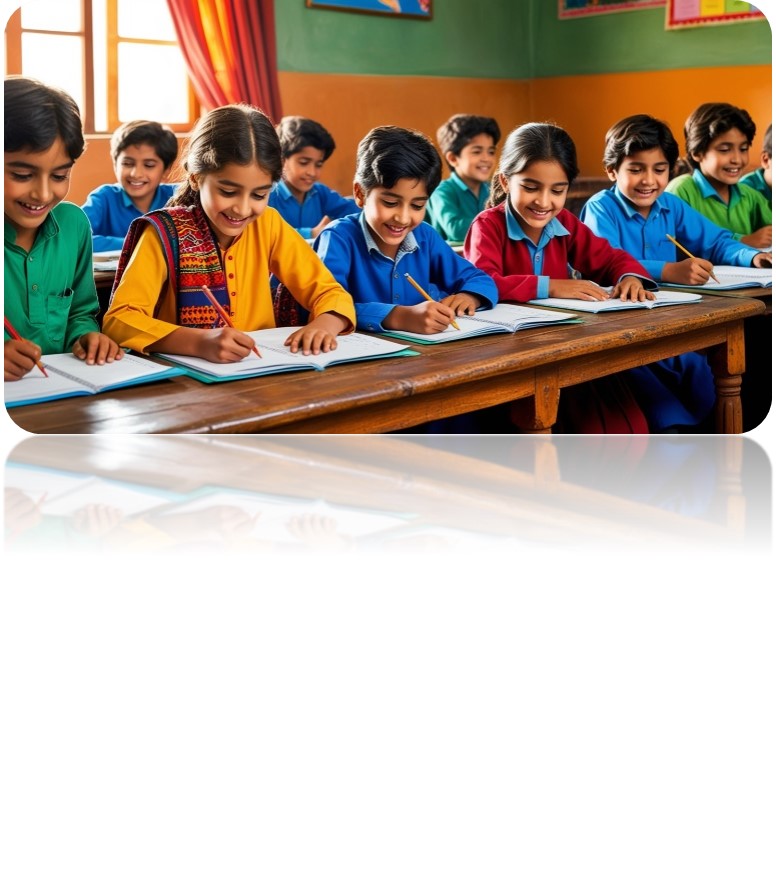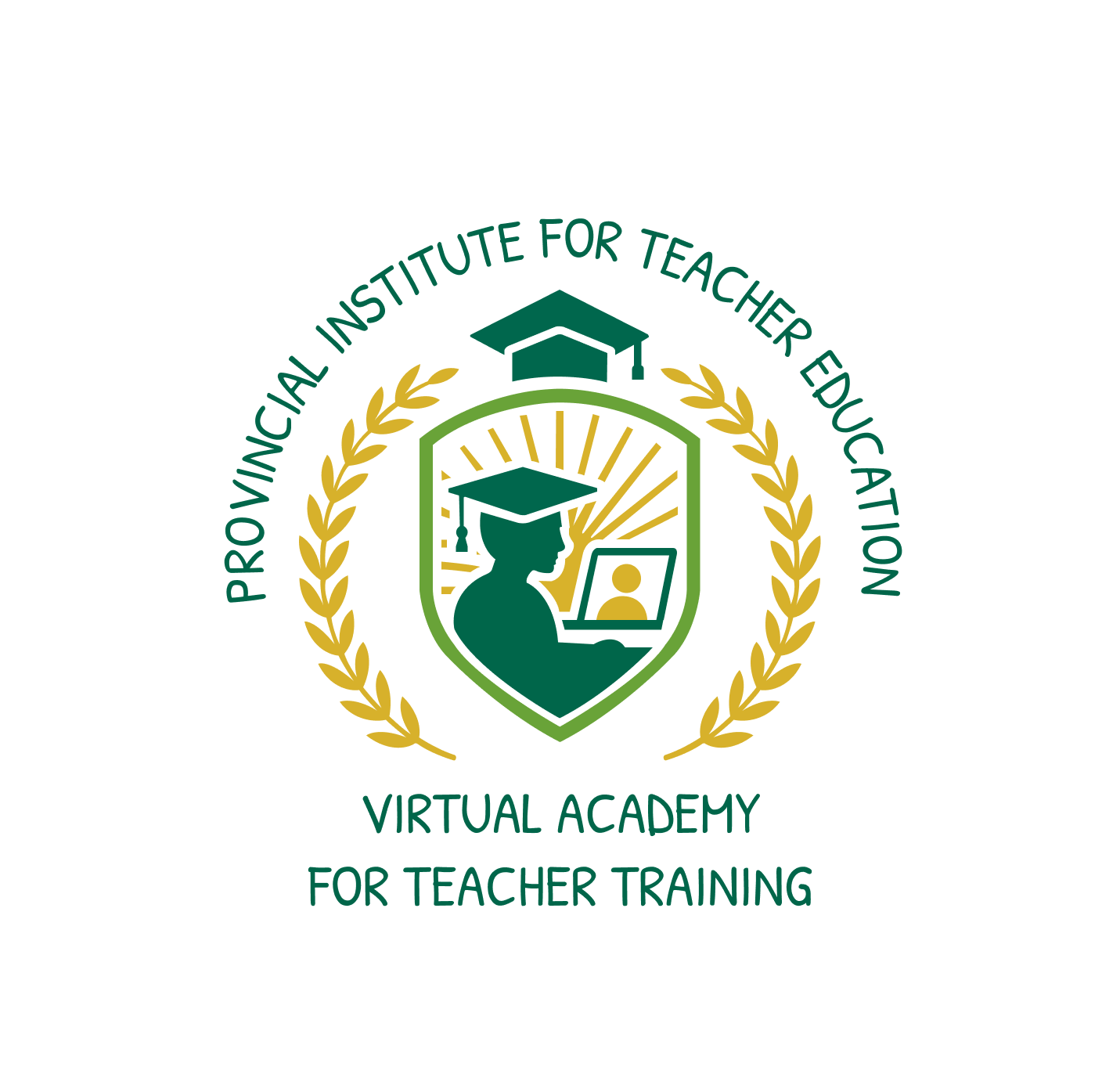Literacy is the foundation of education, yet many children in Balochistan face significant barriers to developing strong reading and writing skills. Teachers in resource-limited environments often struggle to bridge the literacy gap, but innovative and context-sensitive approaches can make a real difference. This blog explores effective strategies that primary teachers can use to enhance literacy outcomes, even with limited resources.
Understanding the Literacy Challenges in Balochistan
Many children in Balochistan start school without prior exposure to books or print material. Factors such as multilingual backgrounds, large class sizes, and a lack of trained teachers further hinder early literacy development. To address these challenges, teachers must adopt creative and locally relevant strategies.
1. Storytelling and Oral Language Development
Children develop literacy skills best when they have strong oral language foundations. Teachers can:
- Use local folktales and cultural stories to build vocabulary and comprehension skills.
- Encourage students to narrate their own stories and experiences.
- Integrate role-playing and dramatization to make storytelling interactive.
2. Creating a Print-Rich Environment with Local Materials
A print-rich environment encourages children to interact with letters and words. Even in resource-limited classrooms, teachers can:
- Label classroom objects in the local language and Urdu.
- Create word walls with frequently used words.
- Encourage students to make their own books using recycled paper.

In multi-grade classrooms, older students can support younger ones through peer learning activities. Teachers can:
- Pair fluent readers with emerging readers for daily reading sessions.
- Use group storytelling where each student adds a sentence to a developing story.
- Organize small reading circles using locally available texts.


